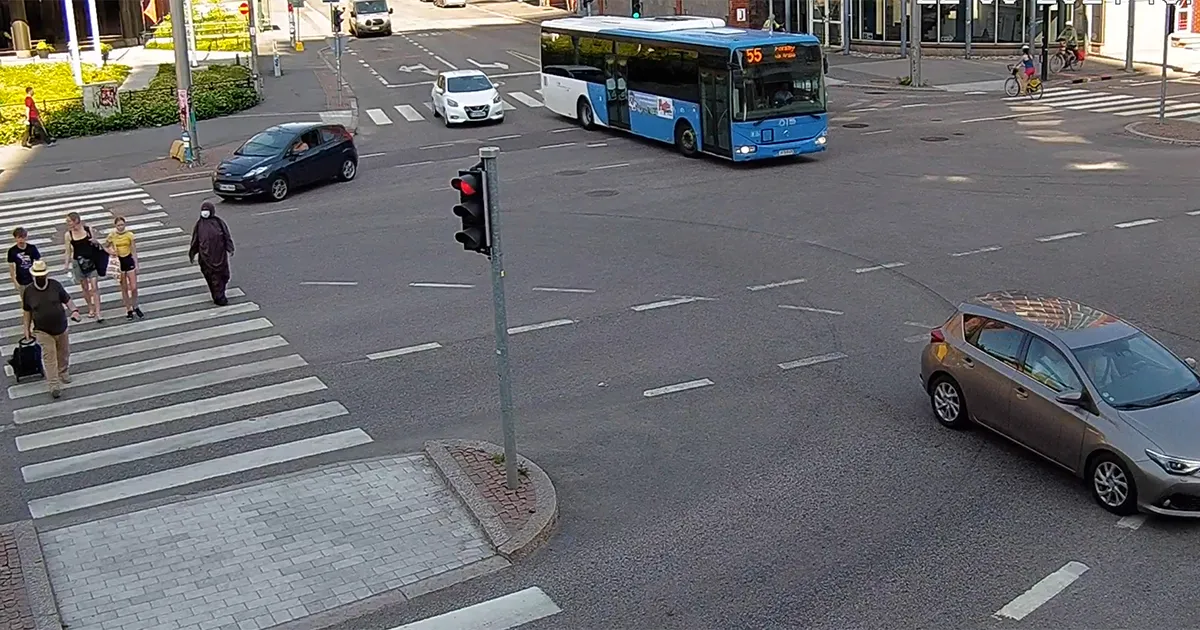Silicon Valley start-up NovuMind has provided its (AI)-powered smart bicycle counter to The Norwegian Public Roads Administration (NPRA) in a project which aims to monitor the number of bicycles on the road and assess the implementation of green transportation policy. The device will has been set up on the side of Prinsens Gate, in Trondheim.
The counter uses edge computing where AI capability is built into every single device and is said to achieve an accuracy of 96.4%.
Ren Wu, founder and chief executive officer of NovuMind, said: Real-time information about traffic flow in cities is critical to intelligent optimization of public transportation, safety, and emergency services. Our sensor is a low-cost, versatile, non-invasive device that can be dynamically reconfigured to simultaneously locate, count, and track multiple different types of traffic flow, including automobiles, pedestrian, bicycle, and even animals. Detailed traffic data can then be continuously reported to system cloud servers with negligible load to existing networking, storage, and computing infrastructure because the high-bandwidth raw sensor data is processed on-device using state-of-the-art Deep Artificial Neural Networks powered by NovuMind in-house developed ASIC [Australian Securities and Investments Commission]. The smart bicycle counter is only the first piece in NovuMind's Smart City Solutions."
NPRA uses NovuMind bicycle counter for green transport policy Norway
Silicon Valley start-up NovuMind has provided its (AI)-powered smart bicycle counter to The Norwegian Public Roads Administration (NPRA) in a project which aims to monitor the number of bicycles on the road and assess the implementation of green transportation policy. The device will has been set up on the side of Prinsens Gate, in Trondheim. The counter uses edge computing where AI capability is built into every single device and is said to achieve an accuracy of 96.4%. Ren Wu, founder and chief
December 18, 2017
Read time: 2 mins










